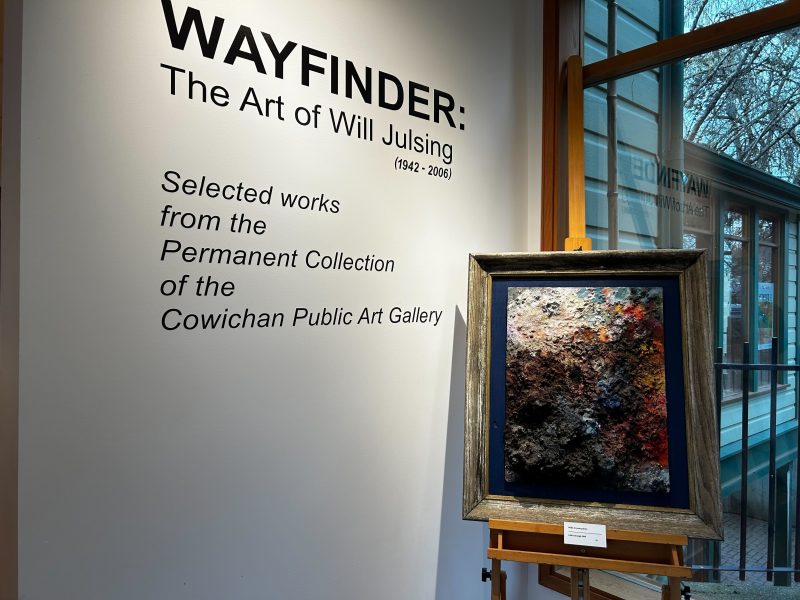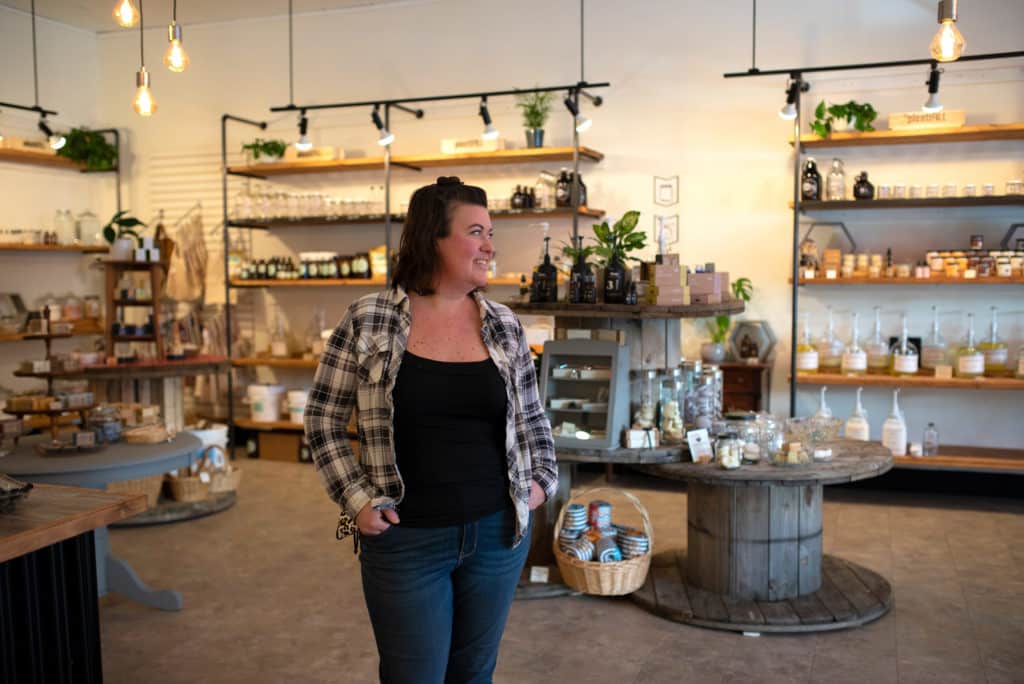
Waste less, live more is the model upon which a new Cowichan Valley business has formed. PlentiFILL, a refillery and sustainable living store, recently opened in downtown Duncan with the hope of encouraging waste reduction and a greener way of life.
Launched by sisters-in-law Krystal Aikman and Stephanie Farrow, the store gives Cowichan residents the opportunity to refill old containers with new products like shampoo, dish soap, toothpaste, tea and even garlic salt. There are also many vegan and organic options spread out throughout the store. Customers without their own refillable containers have the option to use one of the many donated ones available instore or purchase some of their own, too.
The foundation upon which the store was built started forming many years ago. Originally, it was the sisters’ distaste of excessive packaging that sparked the idea to open a refillery and sustainable goods store.
“If we can reuse our containers, we’re just diverting it from landfills,” Farrow says.“Recycling doesn’t work all the time. People are sort of lulled by it, they believe it’s working but the energy spent in creating the packaging and the energy spent in recycling is just not worth it.”
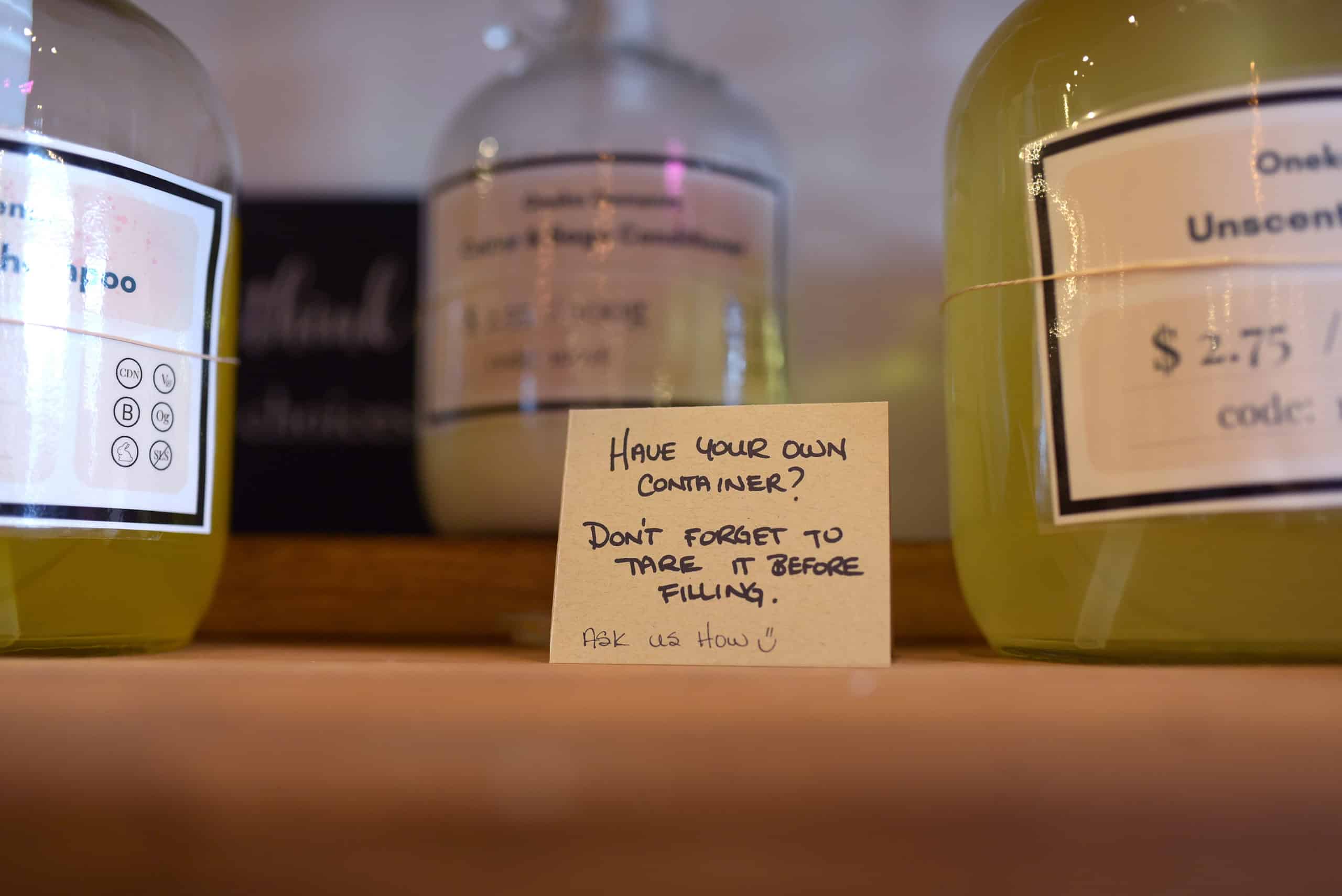
The Cowichan Valley Regional District (CVRD) reports that in 2017, CVRD residents produced approximately 77,000 tonnes of waste. Of that, 60 per cent was recycled or composted and 40 per cent was sent to a landfill. According to the province, the waste disposal rate in the Cowichan Valley in 2019 was 390 kilograms per person for the whole year, lower than the provincial average of 501 kilograms per person that year. The B.C. government wants to lower the waste disposal rate even more to 350 kilograms per person, per year.
However, in the CVRD, half of the material sent to the landfill in 2018 could have been recycled and nearly a quarter could have been composted.
A 2018 CVRD report details limited options for waste removal in the region, high tipping fees for disposal costs (one of the highest in the province), reduced access to recycling and other collection services in parts of the CVRD and the presence of illegal dumping within the Cowichan Valley.
Garbage from the CVRD is taken to Bings Creek Transfer Station in Duncan and then takes a long journey to the Roosevelt Regional Landfill in Washington State because there is “no local disposal capacity” in the CVRD, the report says. About four to five truckloads of garbage make this approximately 730-kilometre journey every week, the CVRD says.
“Even if you reuse that plastic shampoo bottle like five times, it’s limiting those energy sources that are going into it,” Farrow says. “That was our main driver, it still is.”

The shop, warmly lit and user-friendly, offers a variety of items in the categories of bath and body, kitchen, cleaning, laundry and “‘foodie delights”’ which includes high quality teas, coffee, filters and more.
The two sisters-in-law have done their best to make shopping at plentiFill convenient and easy. Customers can either bring their containers in, use a donated glass container or, if needed, purchase one from the store to reuse going forward. Donated containers and jars will be washed and sanitized for customers before they can add new products to them. Future options like delivery and drop-off programs will also help customers easily purchase items.
“We’re trying to find ways to remove the barriers,” Farrow says, admitting it takes longer to refill a bottle than it does to grab a new one off the shelf and walk to the checkout.
“A little bit [of] extra time can make a big difference,” Farrow says.
All of the store’s current products have been sourced by Canadian creators, Farrow says. When sourcing goods for plentiFILL, the pair of owners prioritize company quality and practices, as well as product quality.

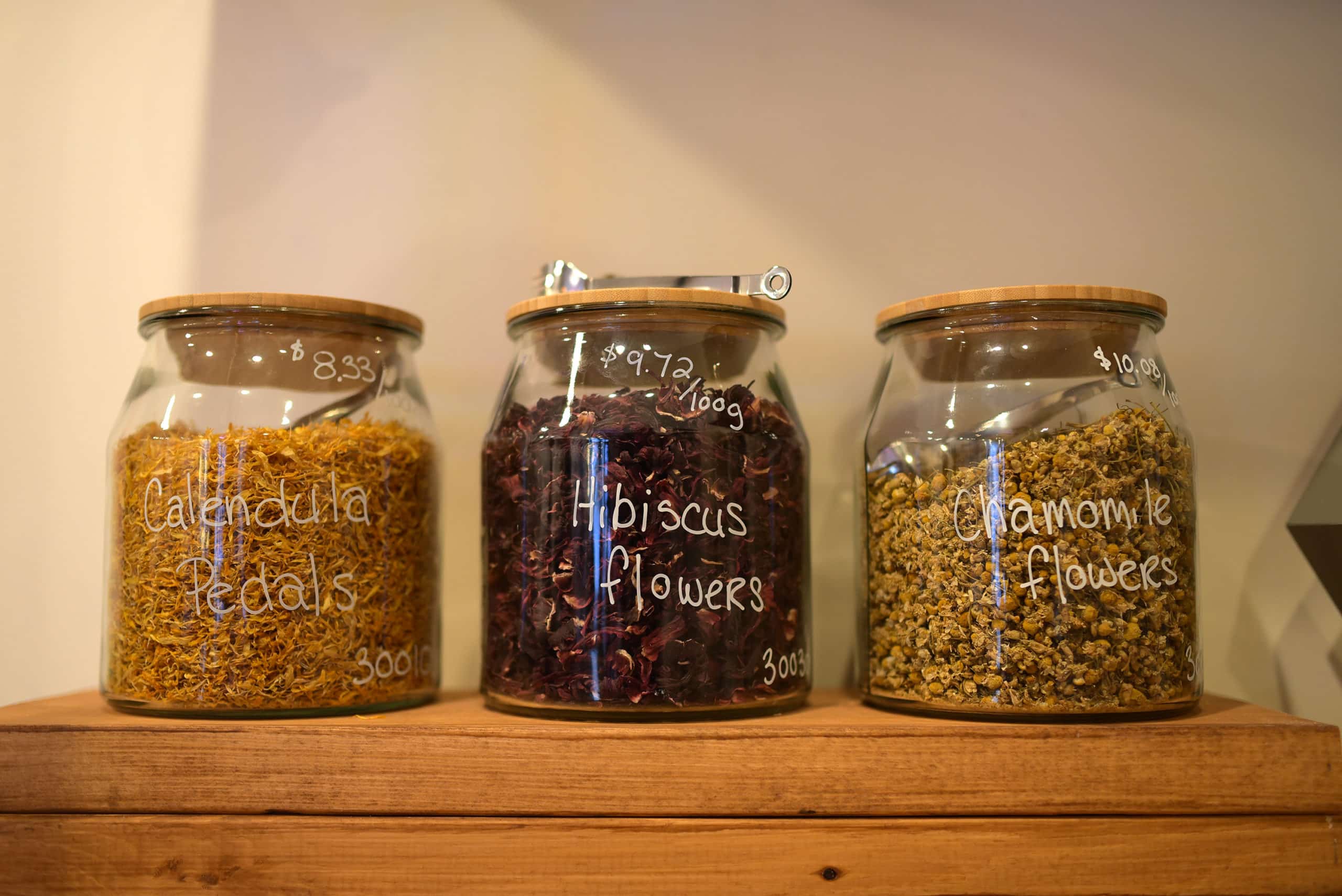
What’s more, many of the companies they work with will collect the containers the products are sent in to refill and send back.
“It’s quite a large closed loop,” Farrow says.
The local response to plentiFill has been overwhelmingly good, Farrow says. Many are grateful to have reusable options in the city.
While chatting about her new shop, Farrow was regularly interrupted by the continuous stream of customers coming through the front doors. Several told her how grateful they were to have reusable options in the city and thanked her. Some appeared to have already been there within its first two weeks of opening.
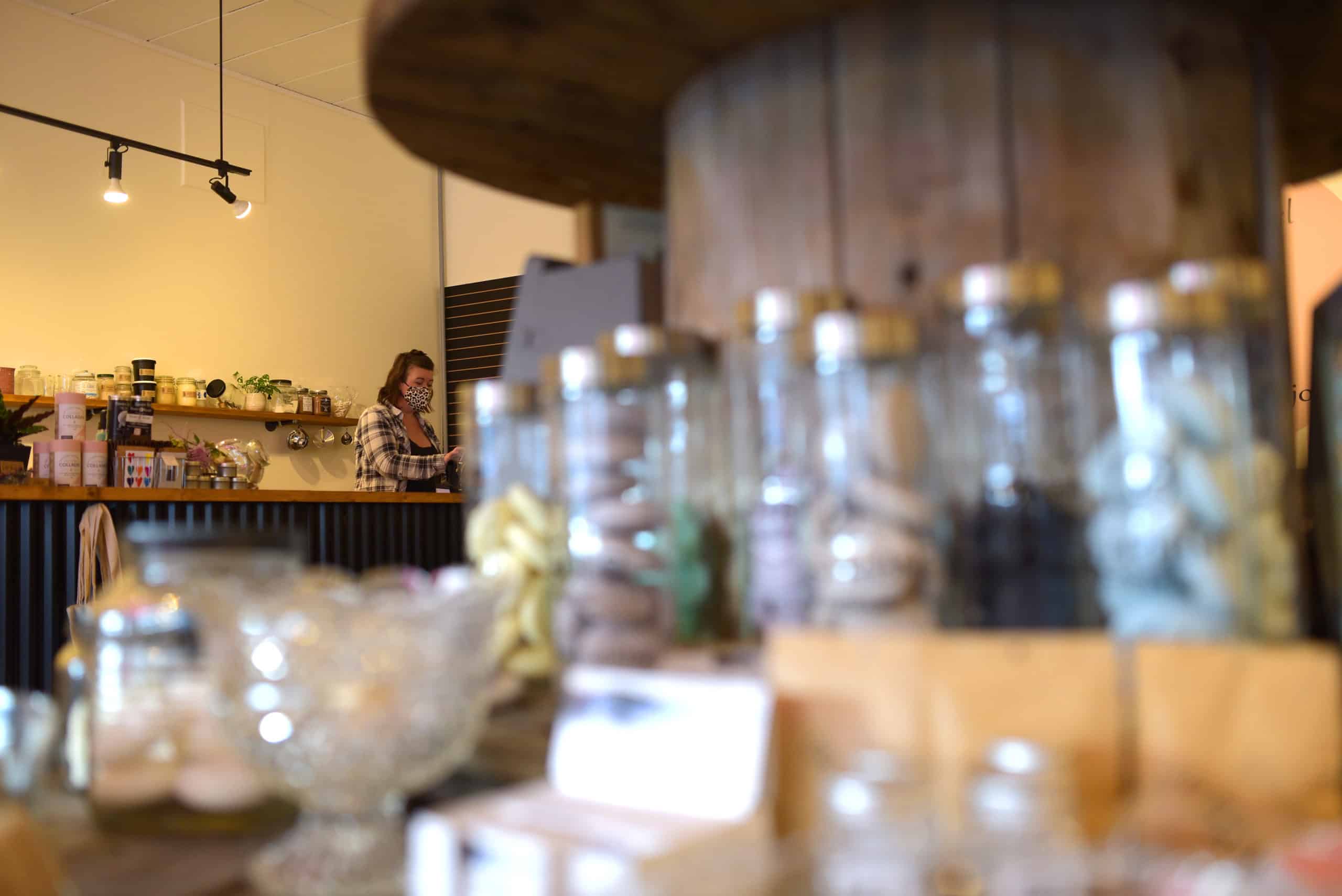
Going forward, plentiFILL is working on establishing programs for AirBnB’s and commercial businesses, in which they can purchase refills of products in bulk, Farrow says. There will also be an addition of more food products within the next three to six months.
Although it might sound cynical, Farrow says she’s given up on purchasing from larger companies who continue to produce excess plastic waste.
“I don’t think they’re going to change, so my response to that is to stop giving them my money. You can’t have my money because I don’t trust it,” she says.
When asked if it’s more expensive to live a “refillable life,” Farrow says it’s not and that it’s actually quite economical. Purchasing a refill of the same quality and quantity of product costs about 10 to 15 per cent less compared to buying a new container, she says.
When it comes to what community members can do at home to be more sustainable, Farrow encourages people to analyze their garbage can, figure out what they’re throwing away the most and try to find a refillable or reusable option for it. This can look like carrying around a reusable straw and cutlery, she says.
Recently, Farrow started analyzing her own waste.
“Since October, we’ve found all sorts of things we were being wasteful in,” Farrow says. “The effects can be huge [from] little things. [You just have to] open your mind a little bit.” [end]



